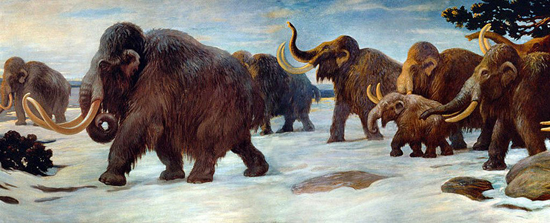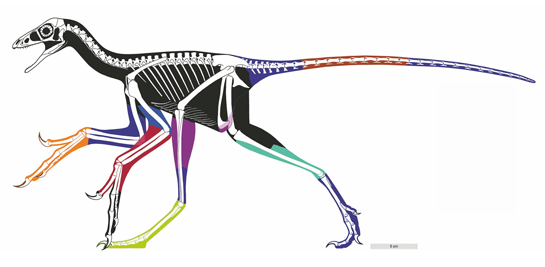The International Union of Geological Sciences (IUGS) has voted to reject the Anthropocene Epoch as a unit of geological time. Plans to introduce a new geological epoch based on the influence of humans on our planet have been shelved at a meeting of the IUGS.
Last month, a vote was held about the proposal to add the Anthropocene to the chronostratigraphic chart outlining the age of the Earth. This vote, undertaken by members of the Subcommission on Quaternary Stratigraphy (SQS) led to a rejection of the proposal. This committee’s decision has now been endorsed by the IUGS.

The idea of naming a new geological epoch to mark the influence of mankind on the planet has been rejected. Picture credit: Everything Dinosaur.
Picture credit: Everything Dinosaur
The Anthropocene Working Group (AWG)
In 2001 the atmospheric chemist, Paul Crutzen, proposed that the activity of mankind was impacting natural environmental conditions to the extent that we had effectively left the natural stable
conditions of the Holocene Epoch and moved into a new interval that he named the Anthropocene. A committee was established in 2009 to examine this idea. It was named the Anthropocene Working Group (AWG). Their brief was to examine the evidence for human induced climate change as reflected in the geological record, and to determine whether a new geological epoch was justified.
The Anthropocene Epoch Rejected – The Full Statement
A statement was released by the IUGS:
“It is with the delegated authority of the IUGS President and Secretary General and on behalf of the International Commission on Stratigraphy (ICS) that the vote by the ICS Subcommission on Quaternary Stratigraphy (SQS) to reject the proposal for an Anthropocene Epoch as a formal unit of the Geologic Time Scale is approved.”
Although the Anthropocene Epoch will not be appearing in textbooks anytime soon, these findings could be reviewed in a decade or so. However, the IUGS did recognise the significance of this debate and highlighted the importance of recognising the impact of Homo sapiens on planet Earth.
The lengthy statement included the following:
“Despite its rejection as a formal unit of the Geologic Time Scale, Anthropocene will nevertheless continue to be used not only by Earth and environmental scientists, but also by social scientists, politicians and economists, as well as by the public at large. It will remain an invaluable descriptor of human impact on the Earth system.”
The Everything Dinosaur website: Everything Dinosaur.






Leave A Comment